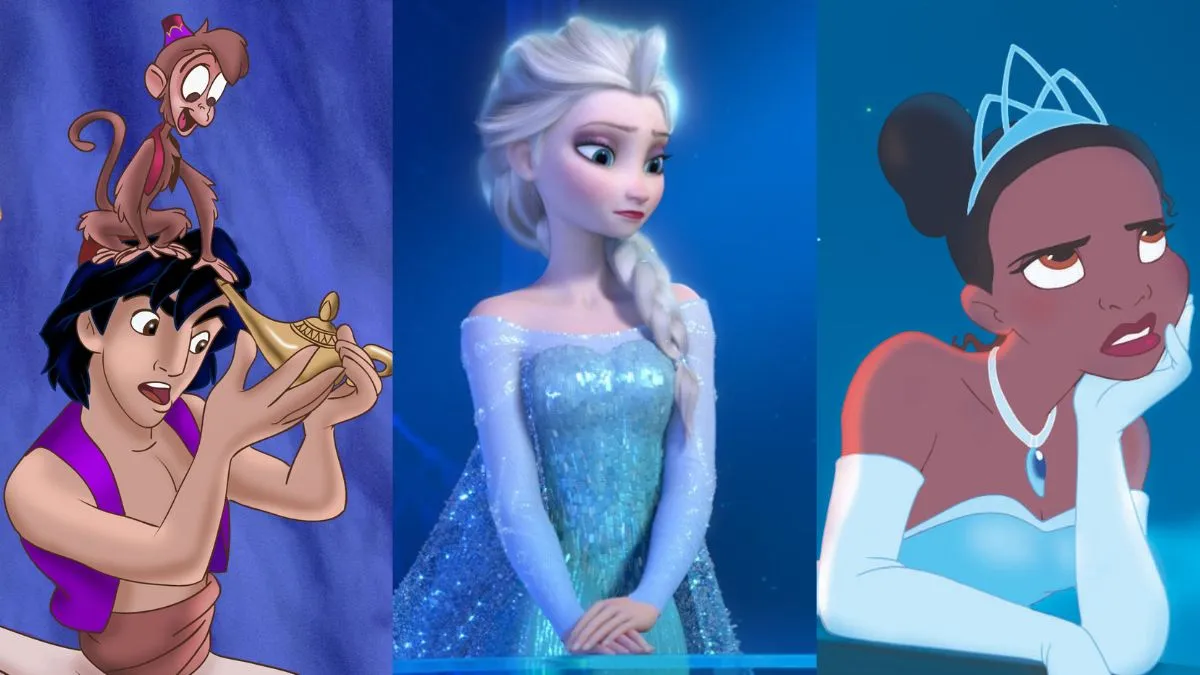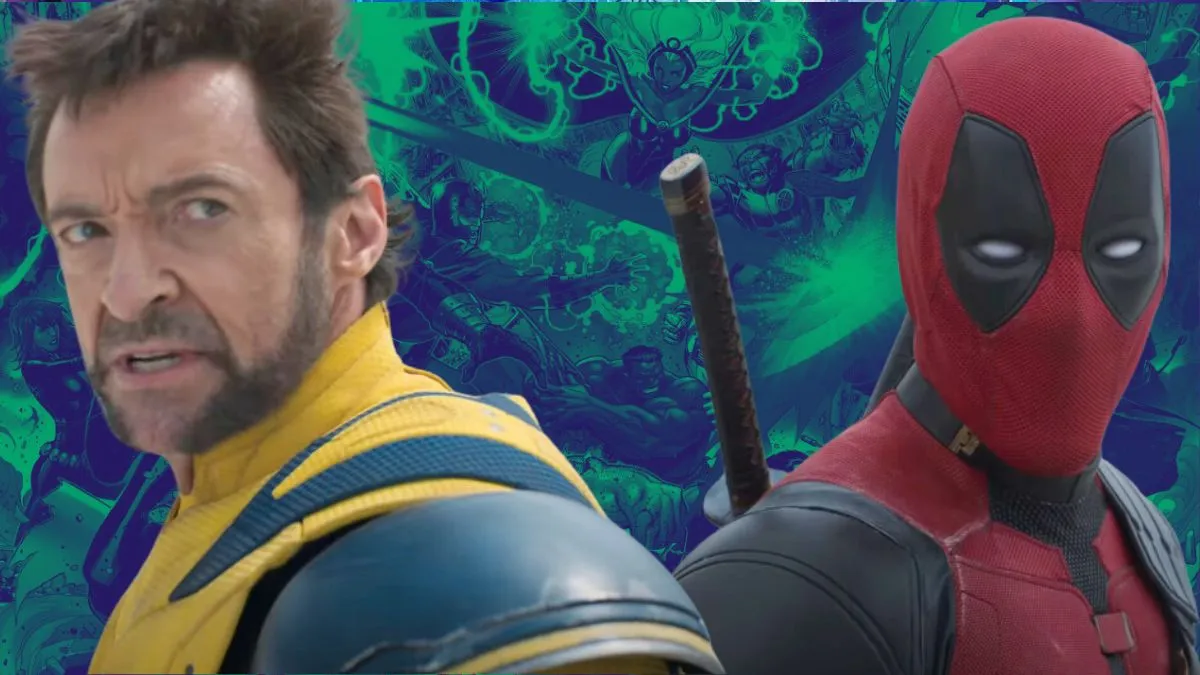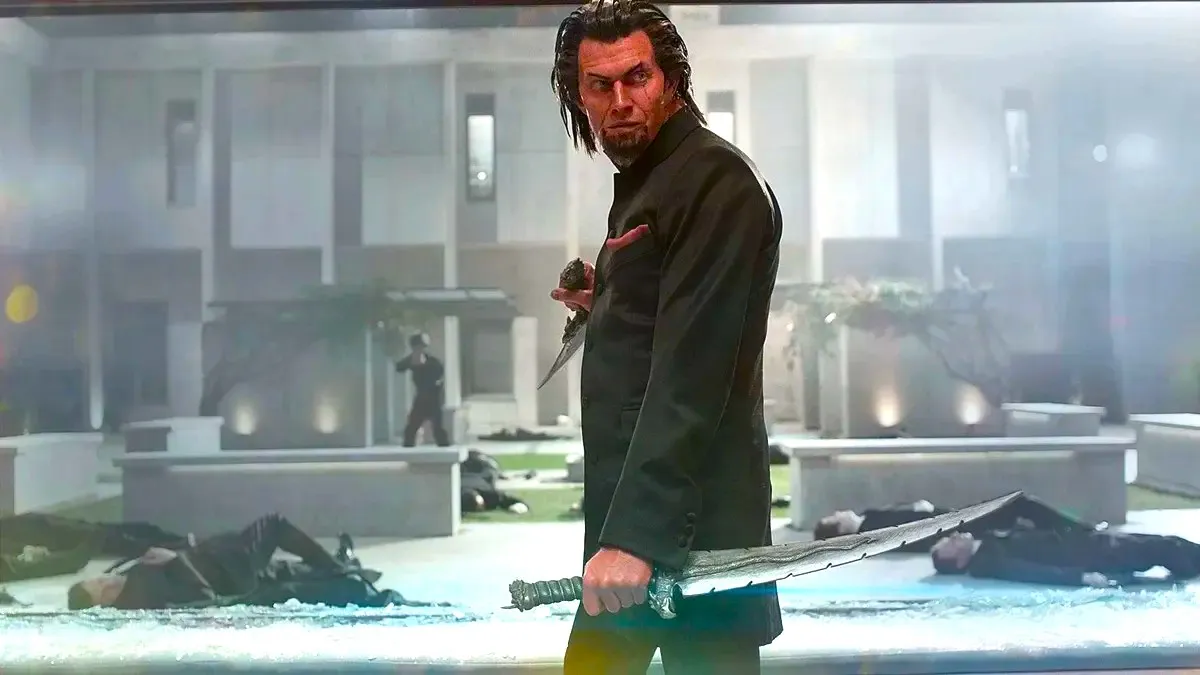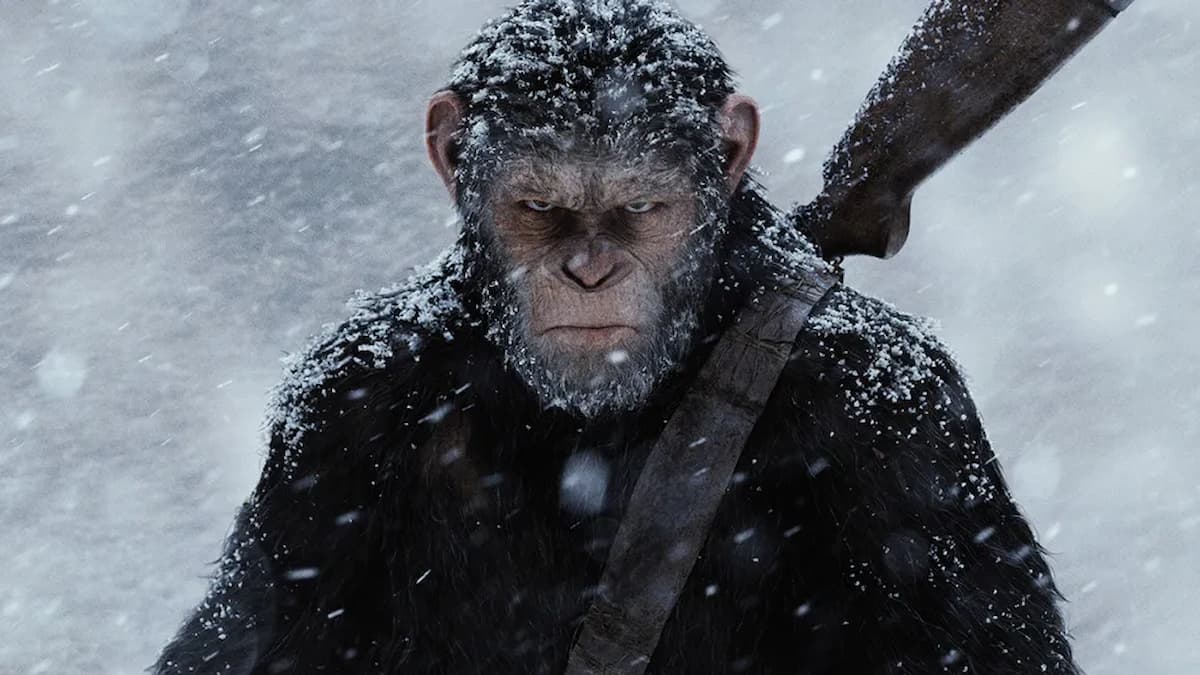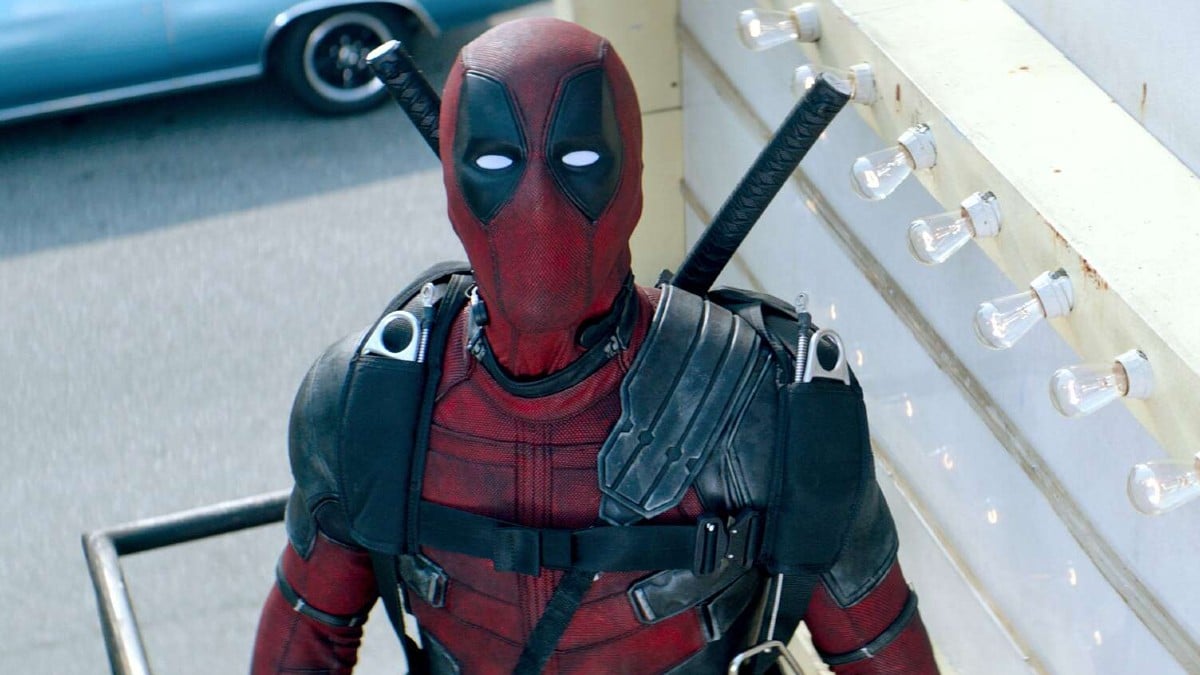The first trailer for Baz Luhrmann’s The Great Gatsby adaptation arrived yesterday, and suffice to say, reaction was…divisive. Our own Will Chadwick doled out some very harsh criticism when reporting on the trailer, and his sentiment – that Luhrmann has seemingly strayed too far from the tonal sensibilities of F. Scott Fitzgerald’s masterwork – is shared by many.
To be honest? I really can’t understand what all the fuss is about.
Judging a film by its trailer – whether one enjoys that trailer or not – is a pet peeve of mine. You are watching two to three minutes of footage, completely out of context, possibly unfinished, typically colored by music that will never appear in the actual film, assembled by a marketing team that in all likelihood has no creative connection to the movie itself. That’s all a trailer is. A marketing tool. A device used to encourage audiences to buy tickets, not to give discerning viewers a fair and well-rounded representation of the finished product. Any editor worth his or her salt can cut a fabulous trailer for a terrible movie, just as a misguided editor can craft an appalling preview for a masterpiece.
There is no point, to my mind, in getting excited or turned off by any movie trailer. They are, except in the rarest of circumstances, worthless indicators of films that will never be. Don’t believe me? Let’s just look at several examples from 2011.
Everyone agreed that David Fincher’s The Girl With The Dragon Tattoo had one of the boldest, most thrilling teaser trailers in recent memory. Yet, the film itself was a stuffy, slavishly faithful recreation of the novel, offering few surprises for the audience. The trailers for Gavin O’Connor’s Warrior, on the other hand, presented the same boring, overwrought sports movie we’ve seen a million times; the film, though, was a deeply felt, emotionally piercing, thoroughly challenging piece entirely misrepresented by the marketing.
Tinker Tailor Soldier Spy, a wickedly-smart, slow-burn spy drama, and Drive, a quiet piece of crime noir, were both advertised as full-throttle action thrillers. Everyone loved the trailers for Cowboys and Aliens, which indicated a fun, edge-of-your-seat sci-fi Western; but the film itself was a colossally stupid bore. Midnight in Paris was advertised as Woody Allen working on autopilot, exploring neurosis in a beautiful European city, but when it arrived in theatres, it surprised audiences everywhere with its ingenious, unexpected time-travel set-up. The previews for Jason Reitman’s Young Adult purported it to be a comedy, when it was in fact a pitch-black drama about arrested adolescence and deep emotional scarring.
I could go on and on. Trailers are not artistic statements, but finely calculated pieces of marketing made to excite the broadest audience possible. And when it comes to The Great Gatsby, the hard truth is that among America’s movie-going population, almost none of them will have read Fitzgerald’s book. It’s 90-years-old, complex, dense, and the antithesis of ‘casual’ or ‘broad’ literature.
Even if Baz Luhrmann has made the perfect, be-all end-all Gatsby film that flawlessly recreates every single image you imagine when reading the book, Warner Bros would never release a trailer faithfully representing that movie. The audience that would want to watch it would earn them precisely enough money to report a massive financial write-off to investors. They don’t need to convince Gatsby fans to see the movie. They need to convince broad, casual audiences to see a film based on a book most of them would never touch in a million years.
So they’ve done this the best way they can: showcasing gorgeous, exciting visuals; promoting the big-name actors everybody loves; and reminding viewers that the film’s director helmed several other popular works. It’s no coincidence the trailer uses the editorial and musical style of Moulin Rouge! That film was a major critical and commercial success, and the theory is that if those watching the trailer liked Rouge, they’ll come see a new film that looks similar. The final product could be nothing like Rouge at all, but Warner Bros isn’t worried about what viewers see when they buy the ticket; they just want to get the ticket bought in the first place.
Now, all that being said, yes, there is obviously a chance that The Great Gatsby trailer is fully representative of Luhrmann’s finished product. But if it is, and you don’t like the film, that still doesn’t excuse or validate rabid hatred and judgment of a two-minute marketing piece, just as those who will inevitably feel let down by The Dark Knight Rises will have been wrong to get so hyped by the film’s engaging previews. Writing a review based on a trailer – which many have done for The Great Gatsby – is simply wrong in all cases.
Now that we have that out of the way, I will say this: even if the trailer is a perfect indicator of The Great Gatsby, the hatred still baffles me. If that’s the director Luhrmann is headed in, I think it could be a perfectly valid, interesting take on the material. Cinematic adaptations that are slavishly faithful to their source are, more often than not, bad movies. There are cavernous differences between film and literature, and trying to transplant one onto the other without ruthless levels of creativity will almost always result in failure.
I’m a huge Harry Potter fan, but I’ll readily admit the first two films are the weakest. The filmmakers were too timid to alter or excise a word of Rowling’s text, resulting in movies that were stuffy, overlong, and arguably uninteresting. The series took off when Alfonso Cuarón stepped in for Prisoner of Azkaban and imbued his own distinctive, artistic voice into the material, creatively cutting and rearranging the text to craft a film that, while true to the spirit of Rowling’s work, was unmistakably its own singular entity.
This is what the best adaptations do. They offer an interpretation of the original story, rather than a lazy transplantation. No work of art can be creatively worthwhile if it doesn’t have some sort of stance, a clear sense of identity and purpose that is unique unto itself. Many filmmakers are content to assume that if the book they are adapting had such identity, their film will too, but this is not the case.
As noted above, there are fundamental differences between the cinematic and literary mediums, and what works on page may not work on screen. You have to interpret – interestingly and insightfully – to make a book function on celluloid. Consider what Peter Jackson did with Lord of the Rings. The films are unmistakably born of Tolkien, but there are massive plot and character changes at every turn, because many portions of Tolkien’s book are inherently unsuited for cinema. The filmmaker must find new and different ways of expressing what the author wrote, rather than attempt to dryly recreate the book itself.
And if the trailer for The Great Gatsby is to be trusted, this is what Luhrmann seems to be doing. We have a fixed image of Fitzgerald’s book as being quiet, buttoned-down, and subtle, and while much of that image is warranted, one must remember that outside of the novel’s measured study of character and community,
Fitzgerald was also trying to illustrate a very particular moment in time: the “roaring twenties.” They didn’t call it that for nothing. Gatsby is a story rooted in excess, a story of a time that was big, a time that was out-of-control, a time that could be as hysterical as it was sober. Gatsby was a man drowning in his own riches, and protagonist Nick Carraway found himself increasingly uncomfortable with his neighborhood’s affluence. That the trailer is overflowing with opulence doesn’t seem heretical. On the contrary, it seems entirely fitting.
Remember Fitzgerald’s gorgeous, prose descriptions of the novel’s setting? They are one of the book’s primary attractions. For example:
“This is a valley of ashes — a fantastic farm where ashes grow like wheat into ridges and hills and grotesque gardens; where ashes take the forms of houses and chimneys and rising smoke and, finally, with a transcendent effort, of men who move dimly and already crumbling through the powdery air.”
His descriptions were beautiful. Ethereal. Moving. Transporting. And they are all over the book. They sometimes go on for pages. Fitzgerald was just as concerned with aesthetics, it can be argued, as he was with character. So why is it wrong for Luhrmann to craft frames filled from one end to the other with color, and detail, and imagination? It’s the visual equivalent of what Fitzgerald did ninety years earlier.
What we’ve seen so far is certainly an interpretation of the book, but those claiming it’s somehow a heretical or nonsensical one are making baseless claims. Yes, the editing is crazy. Yes, the music is modern. If that’s the tone of the finished film, I’ll be the first to judge it harshly, because that’s not a warranted interpretation of the book. But again, it’s a trailer. It’s not the finished movie. Even in a perfect trailer for the perfect Gatsby film, they wouldn’t have time to hint at the most important parts of Fitzgerald’s work, like the complexity of the characters and their relationships. That’s the number one thing Luhrmann must get right, and if he has, we’re never going to know from a two-minute assembly of footage.
I do find it funny that I’m suddenly the one defending Baz Luhrmann. By and large, I hate his films. Every last stupid, clichéd, hyperactive second of Moulin Rouge! actively angers me, and Romeo + Juliet is even worse. I don’t like his infamous style. But he toned that style down greatly for Australia, which I mostly enjoyed, and if he can maintain his visual excess while finding a calmer, more thoughtful gear for the character material, I think he could make a truly interesting Gatsby adaptation.
After all, the book isn’t going anywhere. No matter what the film does, the book will not be touched. Having read the book, I’d like to see Luhrmann do something truly special and unexpected with the material, so long as he stays true to the themes and subtext that made Fitzgerald’s work a classic.
And whether or not he’s done that, there’s absolutely no way to tell from the trailer. There simply isn’t. Those claiming otherwise baffle me.




